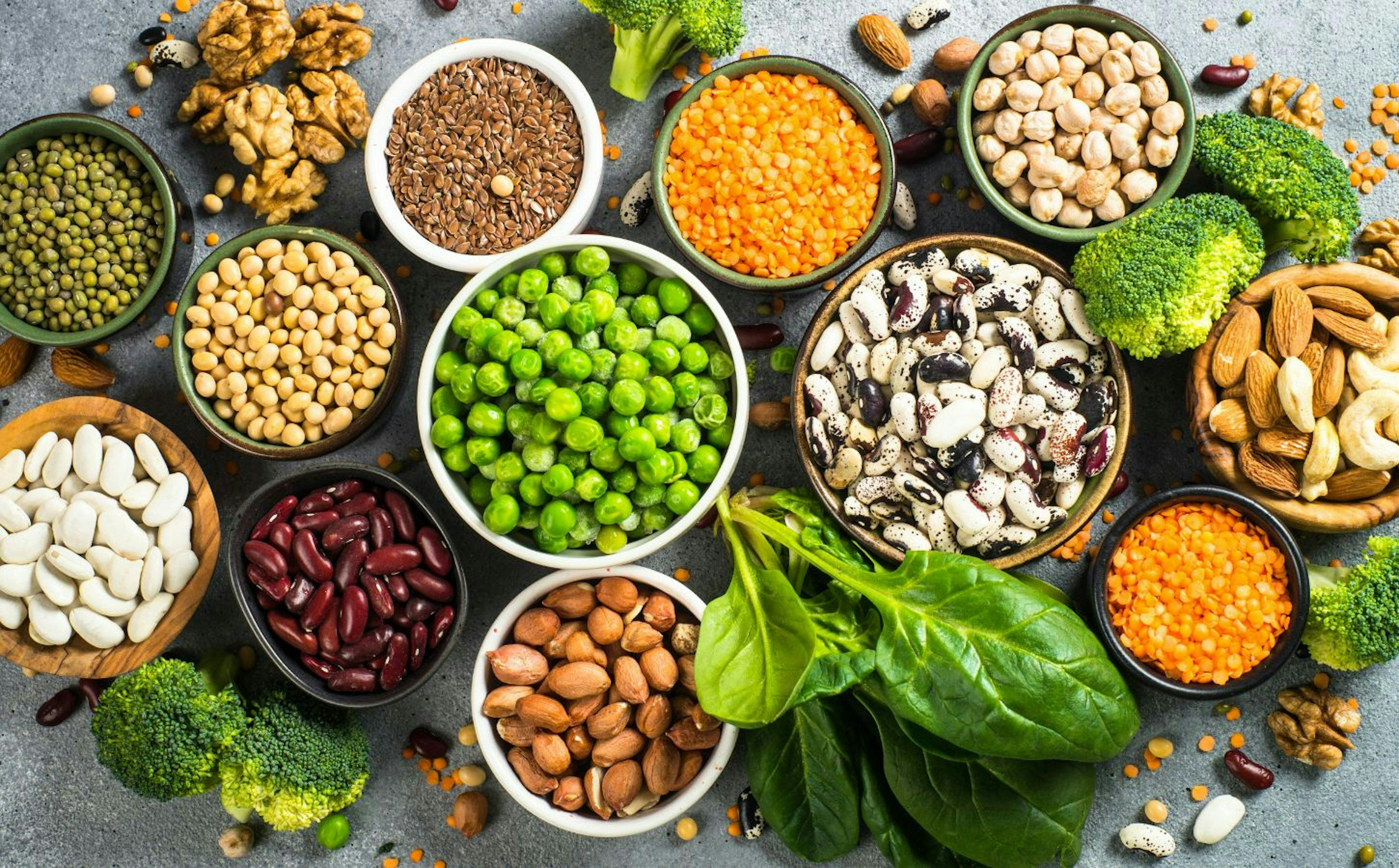Controlling the War Within your Gut

As you sit there reading this, 100 trillion bacteria in your gut are at war amongst themselves and you are in control of who will be the victor! Every time you eat, drink, take a medication, exercise, smoke, sleep and even socialize, you are influencing the war within your gut. But don’t panic! Not all these bacteria within your gut are bad. In fact, most of these bacteria are beneficial to your health and well-being. The latest evidence now suggests that by supporting the good bacteria in your gut, you can reduce your risk of anxiety, depression, stress, heart disease, stroke, osteoporosis, diabetes, kidney disease, obesity, coughs & colds, food poisoning, irritable bowel syndrome, cancer, bone fractures, and menopausal symptoms.
In addition to this, a healthy balance of bacteria helps you lose belly fat and improves your cognitive ability! Yes, I repeat, it makes you slimmer and smarter! So now you are probably wondering how you can boost these beneficial bacteria in your gut.
The first and most important factor in regulating the balance of these gut bacteria (which are also known as your gut microbiome, or gut flora) is your diet. You can introduce these beneficial bacteria into diet by consuming more fermented, or probiotic, foods. Probiotic foods are simply those which contain beneficial bacteria. Scientists now know which of these bacteria are healthy and which are not, but having too much of even the healthy bacteria can be harmful. For this reason, without knowing what bacteria you already have in your gut, it can be risky to consume a probiotic supplement which tops you up with ‘beneficial’ bacteria that you may not actually be low on. The best way to introduce probiotics to your gut is to consume natural, fermented foods. Natural fermented foods contain a larger diversity and quantity of the live bacterial cultures. Some examples of fermented foods include yoghurt, kefir, kombucha tea, miso paste, kimchi and sauerkraut. Cooking these items can reduce the benefits from the food so they should generally be eaten raw. Making the foods at home is the best way to consume these foods because home-made fermented foods contain a higher diversity and quantity of live bacterial cultures than store-bought items.
So now you are consuming yoghurt for breakfast, lunch and dinner, loading your gut up with billions of beneficial bacteria every day to win the war! It is my job to tell you that this ‘yoghurt diet’ is not going to work. This is because the beneficial bacteria in your gut need to eat too! Foods which are consumed by your gut bacteria are called prebiotics and are generally found in high-fibre foods such as fruits, vegetables, grains, seeds and nuts. And no, the yoghurt and banana diet is not going to work either, because these bacteria are fussy eaters and want different prebiotics in every meal. This means you need to consume a wide diversity of different plant-based foods every day. Some foods can also be toxic to good bacteria such as artificial additives and sweeteners. Interestingly, some of the good bacteria in your gut can eat the mucus and bile salts that already exist in your gut, whilst the bad bacteria can’t. This means that by undergoing a period of fasting, you can help the good bacteria to thrive. A simple strategy to achieve this is to eat dinner earlier and/or eat breakfast later, which then creates an intermittent fasting window of 12 hours.
Now for the third tip, I am going to tell you a story about Linda. Linda is very health conscious. She eats a perfect diet, full of plant-based foods, natural protein, probiotics and fibre. However, Linda works a very busy job in the city and she can’t afford to be sick from work. Linda thus gives her GP a call every time she develops a runny nose and requests antibiotics because she believes it is going to heal her faster. Every few months, she takes a course of antibiotics and feels better within a few days. Unfortunately, the majority of infections Linda was having were viral infections which do not respond to antibiotics and resolve without treatment within a few days regardless. The only effect of the antibiotics on Linda was damage to her gut bacteria which usually takes several months to repair. However, because of the regular use of antibiotics which were not needed, her gut bacteria could never heal. This increased Lindas risk of several diseases. When she came to see me, I educated her about the risks of taking antibiotics and discouraged her from using them so often. In addition to antibiotics, almost all medications can interfere with the balance of bacteria in your gut, some having positive effects whilst others having negative effects. Thus, it is extremely important to only take medication when the benefits outweigh the risks.
In addition to diet and medications, regular exercise, sleep and stress-reduction can all regulate your microbiome. In conclusion, the war within your gut is within your control and your actions will determine who will be the victor!
Summary
• Eat natural fermented foods daily (Probiotics)
• Eat a wide diversity of unprocessed, plant-based foods daily (Prebiotics)
• Eat dinner early and/or breakfast late to create a 12-hour fasting window
• Avoid artificial additives and sweeteners
• Avoid unnecessary medication such as antibiotics after weighing up the benefits and risks of the medication with a trained health professional
• Exercise regularly by incorporating cardio, resistance training and a skill-based exercise every week
• Get enough sleep, maintain a regular sleeping pattern and minimize stress
Written by Dr. Abhinav Vepa
Further Information
Look out for the next health promotion workshop ran by Dr. Abhinav Vepa at Sopwell House and come along for more free evidence-based lifestyle advice. Enquiries: drvepa@proton.me


